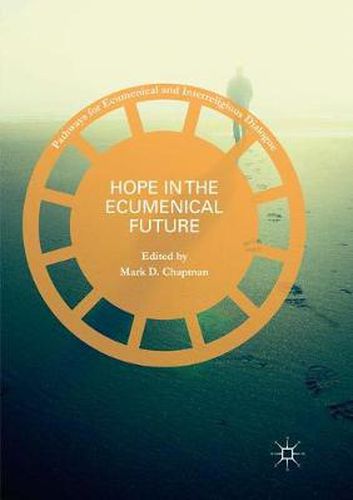Readings Newsletter
Become a Readings Member to make your shopping experience even easier.
Sign in or sign up for free!
You’re not far away from qualifying for FREE standard shipping within Australia
You’ve qualified for FREE standard shipping within Australia
The cart is loading…






This book offers fresh insights into the contemporary state of Ecumenism. Following the election of Pope Francis, there has been a significant thaw in ecumenical relations, and there are grounds for thinking that this will continue into the future. The twelve chapters, written both by experienced ecumenical theologians as well as younger scholars, that have been gathered together in this collection, offer one of the first detailed assessments of the impact of Francis’ papacy on ecumenical dialogue. Drawing on ecumenical methodology, as well as many practical examples and illustrations, the authors discuss the developments in culture and missiology as these affect the practice of ecumenism, particularly in response to theologies of hope as well as inter-religious dialogue and pluralism. What emerges is a clear sense of hope for the future in a rapidly changing world and even a sense of optimism that real ecumenical progress might be made.
$9.00 standard shipping within Australia
FREE standard shipping within Australia for orders over $100.00
Express & International shipping calculated at checkout
This book offers fresh insights into the contemporary state of Ecumenism. Following the election of Pope Francis, there has been a significant thaw in ecumenical relations, and there are grounds for thinking that this will continue into the future. The twelve chapters, written both by experienced ecumenical theologians as well as younger scholars, that have been gathered together in this collection, offer one of the first detailed assessments of the impact of Francis’ papacy on ecumenical dialogue. Drawing on ecumenical methodology, as well as many practical examples and illustrations, the authors discuss the developments in culture and missiology as these affect the practice of ecumenism, particularly in response to theologies of hope as well as inter-religious dialogue and pluralism. What emerges is a clear sense of hope for the future in a rapidly changing world and even a sense of optimism that real ecumenical progress might be made.